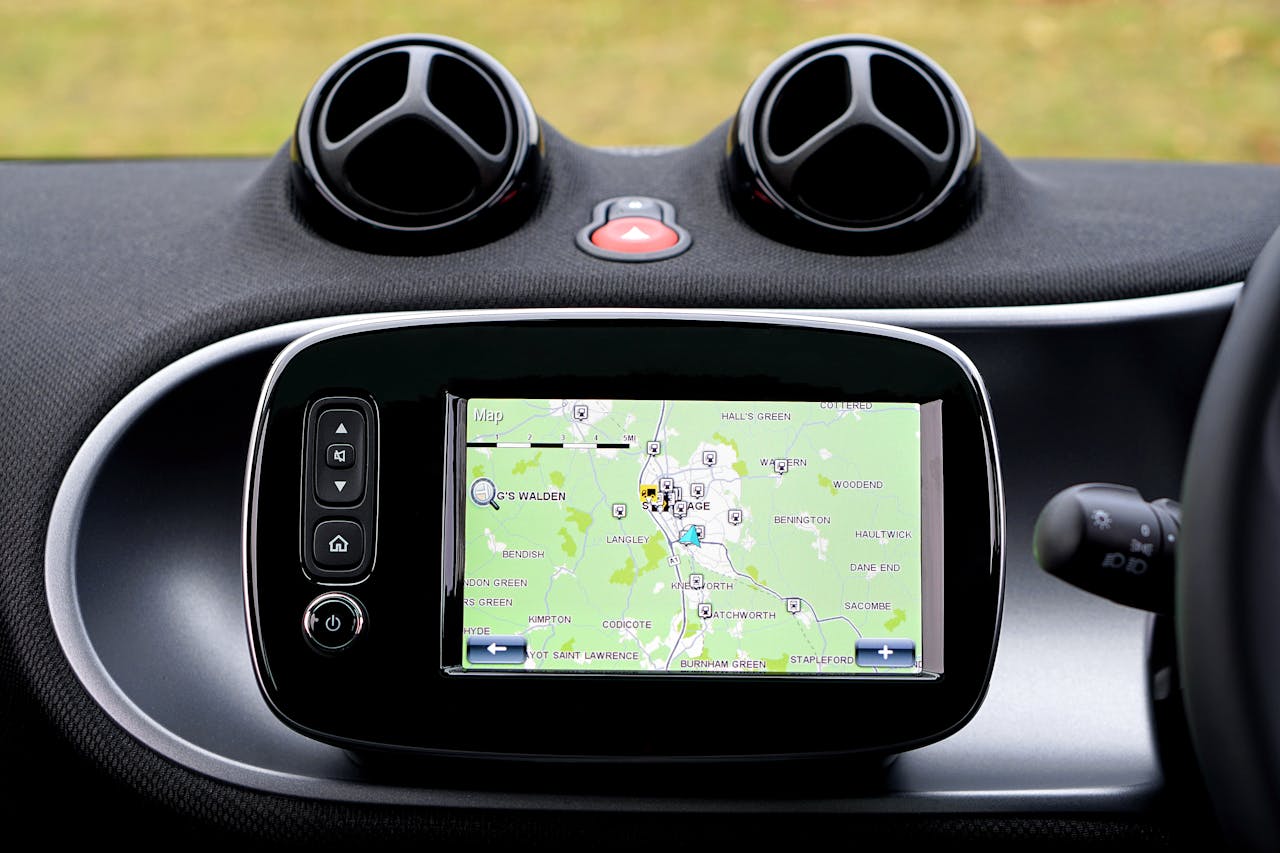Common Problems with 4G GPS Trackers and How to Fix Them

When thinking about keeping track of valuable things, people often turn to GPS technology for a helping hand. Whether it’s for keeping tabs on vehicles, pets, or other assets, understanding how GPS trackers work is helpful. 4G GPS trackers have gained popularity because they are faster and offer better connectivity.
Despite their benefits, users sometimes face challenges with 4G GPS trackers. It’s not uncommon to experience issues such as connectivity problems, battery life concerns, or interference affecting accuracy. These problems can be frustrating, but don’t worry—there are straightforward solutions available that can make your experience with 4G GPS trackers much smoother.
Common Connectivity Issues
The smooth operation of a GPS tracker largely depends on its connectivity. Sometimes, you might find that your 4G GPS tracker isn’t connecting as it should. This can happen for a few reasons, but understanding them can help get things back on track. Here's what might be going wrong:
- Poor Signal Reception: If the tracker has trouble connecting to the 4G network, it might be in an area with poor mobile signal coverage.
- Interference from Other Devices: Other gadgets and devices can sometimes interfere with your tracker's signal.
To fix these connectivity problems, try following these steps:
1. Check Location: Move your tracker to an open area with fewer obstructions like buildings or thick trees to improve signal reception.
2. Restart the Device: Sometimes, a quick restart can solve temporary glitches. Turn off the tracker, wait a moment, and then turn it back on.
3. Inspect SIM Card: Ensure the SIM card inside your tracker is working properly. Remove it and clean any dust gently before reinserting it.
4. Check for Frequency Interference: Avoid placing the tracker near other electronic devices. They can disrupt the tracker's signals.
Understanding these common connectivity issues and how to solve them can make using your 4G GPS tracker a much more enjoyable experience. By taking these simple steps, you can help ensure your tracker stays connected, providing you with the information you need when you need it.
Battery Life Challenges
Many GPS tracker users often scratch their heads over battery life concerns. It’s easy to feel left in the lurch when a tracker’s battery runs out unexpectedly. The frequent use of high-speed data in 4G GPS trackers tends to consume more power, which can lead to these battery drain issues. Here's a lowdown on how to tackle them effectively.
When your tracker’s battery life seems shorter than anticipated, consider these steps:
1. Optimise Tracker Settings: Adjust the GPS reporting frequency. The more often a tracker updates, the quicker the battery drains. If immediate tracking isn’t necessary, extend intervals between updates.
2. Power-Saving Modes: Some GPS trackers have built-in power-saving settings. Utilizing these settings can significantly extend the battery's life.
3. Weather Conditions: Extremely hot or cold conditions may affect battery performance. Avoid exposing your GPS tracker to extreme temperatures whenever possible.
Remember, even small changes can make a big difference in battery performance, ensuring your tracker stands the test of time.
Accuracy and Signal Interference
The precision of a GPS tracker is all too important, and signal interference can sometimes get in the way. Issues like dense urban areas, bad weather, or even nearby electronic devices can skew accuracy. To keep signal interference to a minimum, consider these ideas:
- Positioning: For the best signal, place your tracker in a spot with a clear view of the sky. This means avoiding enclosed areas, tall buildings, or dense foliage.
- Weather Awareness: Being mindful of poor weather conditions that might affect signals is helpful. Cloudy skies and heavy rainfall can sometimes reduce the accuracy of a GPS tracker.
These simple practices can ensure the reliability of your tracker, maintaining its accuracy as you rely on it daily.
Software and Firmware Glitches
Just like your phone or computer, a GPS tracker's software can occasionally encounter hiccups. Whether it’s an outdated system or a recent glitch, software and firmware issues can be a nuisance.
Stay on top of things by checking for software updates regularly. Most manufacturers roll out these updates to improve performance and resolve known issues. Performing these updates might require a bit of downtime, but the added functionality and stability are well worth the effort. If glitches persist after updating, consider resetting the tracker to factory settings, which can often resolve persistent issues.
Wrapping Up Troubleshooting Tips
Navigating the quirks of 4G GPS trackers becomes second nature once you're familiar with these troubleshooting tips. Whether it’s boosting connectivity, extending battery life, maintaining accuracy, or managing software updates, a little know-how can go a long way.
By embracing these practical measures, you can ensure your GPS tracker runs smoothly and delivers on its promise, keeping you connected and informed wherever your journeys take you. Regular care and attentive adjustments will help your technology function reliably, enhancing your overall tracking experience.
For those seeking to maximise the efficiency and reliability of their GPS technology, choosing the right options can make all the difference. If you're keen to explore more about 4G GPS tracker solutions, visit Elite GPS to discover a range of trackers tailored to your needs. Stay connected and keep everything valuable within reach, wherever you are.





Leave a comment